When we think about positive emotions, the very first thing that comes to mind is happiness, isn’t it? But there are so many other positive emotions beyond happiness. Ready to explore what they are?
KEY POINTS
- You can experience positive emotions toward the self (pride), while some are for others (admiration, love).
- Positive emotions such as gratitude and hope are associated with your well-being.
- These 10 positive emotions tend to make us feel good, but many have a negative counterpart.
Much of the psychological research on emotions focuses on what are termed the “universal” and basic emotions of happiness, sadness, anger, fear, and surprise. There are, however, more complex emotions that are both positive and negative.
Here are the top 10 positive emotions beyond happiness.
10 Positive Emotions That Make Us Good People
1. Pride.
We experience pride when we associate ourselves with some personal achievement, or the accomplishments of others (as in pride when a child wins an award).
We also experience pride when someone else admires us. Of course, there can be a negative aspect to being too prideful—as noted in the Bible.
Related: 10 Most Crucial Positive Emotions To Cultivate Daily According To Positive Psychology
2. Compassion.
This is the emotion whereby we show sympathy and concern for the sufferings of others. For the most part, when we show concern or pity for others, it is a positive emotion, particularly in Western cultures (Condon & Feldman Barrett, 2013).
However, like pride, there can be negative aspects to compassion, such as when we start to “feel another person’s pain.”
3. Gratitude.
This is the emotion of being thankful. Gratitude was relatively unstudied until recently. It is a positive emotion because research evidence shows that showing gratitude can feedback and give us a greater sense of well-being (Emmons & Crumpler, 2011).
That is why people are encouraged to show gratitude to others: It makes them feel good, and also us.
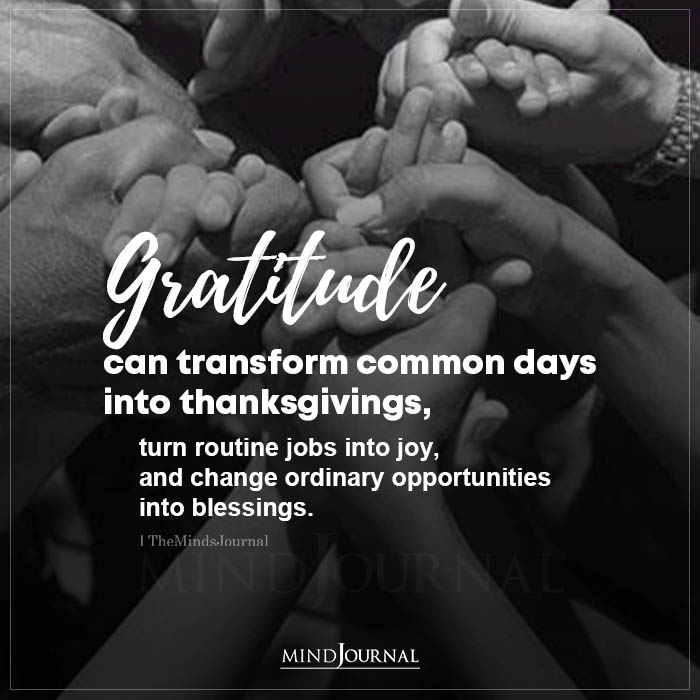
4. Love.
Perhaps no other positive emotion is more human than love. Clearly, love has an emotional component to it—we feel arousal when we are in love—the passionate form that is mentioned in poetry and literature.
But, there is more to love: the companionate element. This is the love that we develop because we share common interests and simply enjoy the companionship of others.
5. Awe.
Awe is the emotion that is triggered when presented with something that is vast. For example, a view of the Grand Canyon, or looking into the night sky and imagining the vastness of the universe.
There is also some research that suggests that scientific thinking, such as breakthroughs in science, may be triggered by the emotions of awe (Gottlieb, et al., 2018).
Related: 6 Positive Psychology Practices To Boost Happiness
6. Hope.
It is hope that motivates us to move forward and anticipate good things in the future. Although it is related to optimism (which is thinking about positive outcomes), hope goes beyond the cognitive experience of positivity and makes us feel good about the future.
7. Joy.
Joy is an extreme version of the emotion of happiness. Think of it as being flooded by positive emotions and experiencing sheer pleasure. In their research on joy, Watkins, et al. (2017) used the example of the joy that Chicago Cubs baseball fans felt when their long-suffering team finally won the World Series as true joy.
8. Serenity.
The emotion of experiencing inner peace is labeled serenity. Research suggests that serenity can reduce stress and anxiety and lead to a feeling of well-being. We experience serenity when we are relaxed and feel that “things are simply good.”
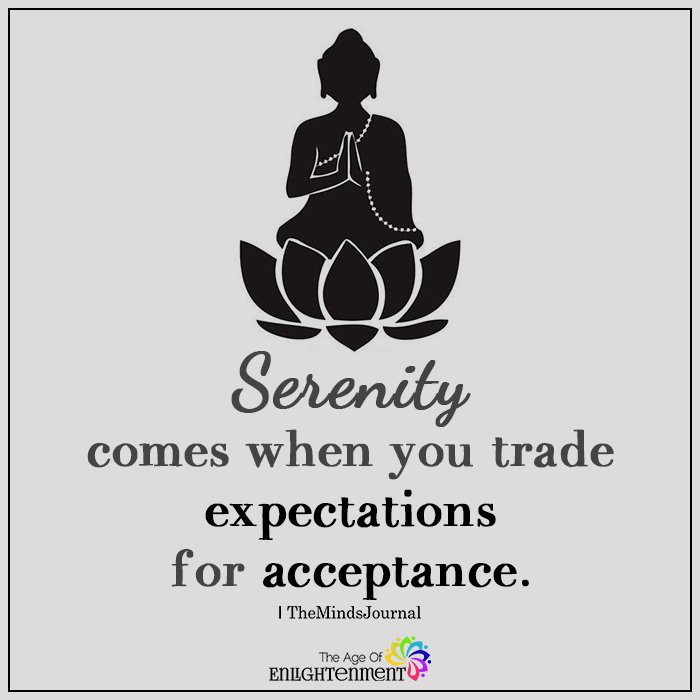
9. Amusement.
We watch a funny movie or a stand-up comedian, and we experience the emotion of amusement. The chuckle or sly smile, when someone tells a joke, is a giveaway that we are experiencing this delightful, positive emotion.
10. Admiration.
Admiration is defined as the sensation when we are impressed or respectful of another. The Oxford Dictionary defines it as “pleasurable contemplation.”
Admiration is a positive emotion, but, like many other positive emotions, there is a negative counterpart: envy.
Related: How to Keep Going When Nothing Makes You Happy: 6 Positive Solutions
Which of these positive emotions have you felt in the past week?
Written By Ronald Riggio
Originally Appeared On Psychology Today



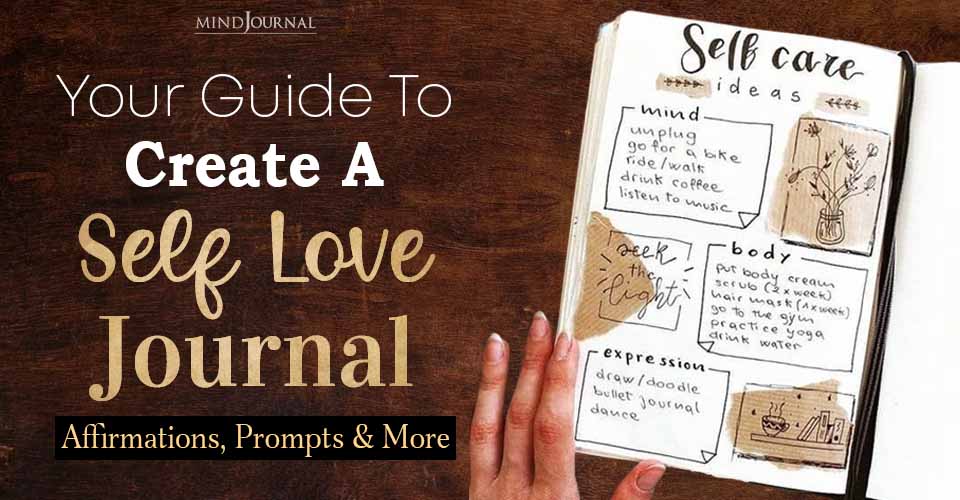


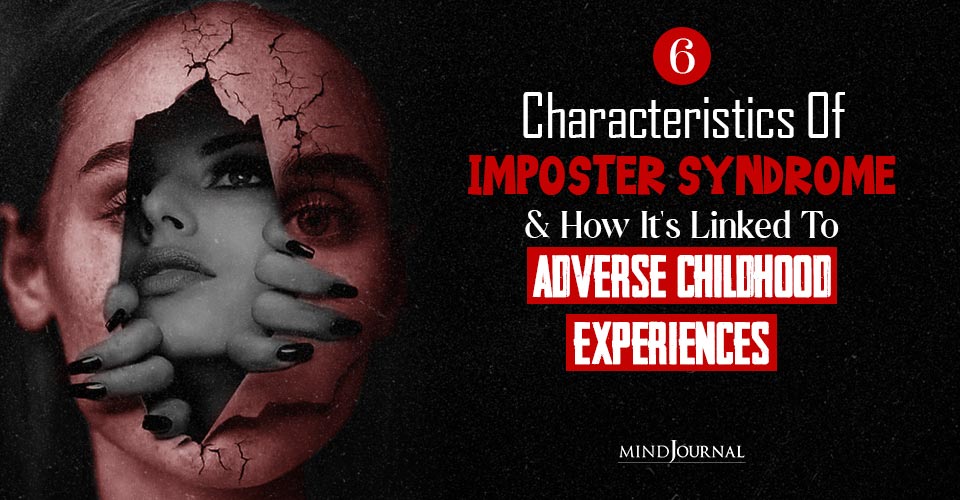
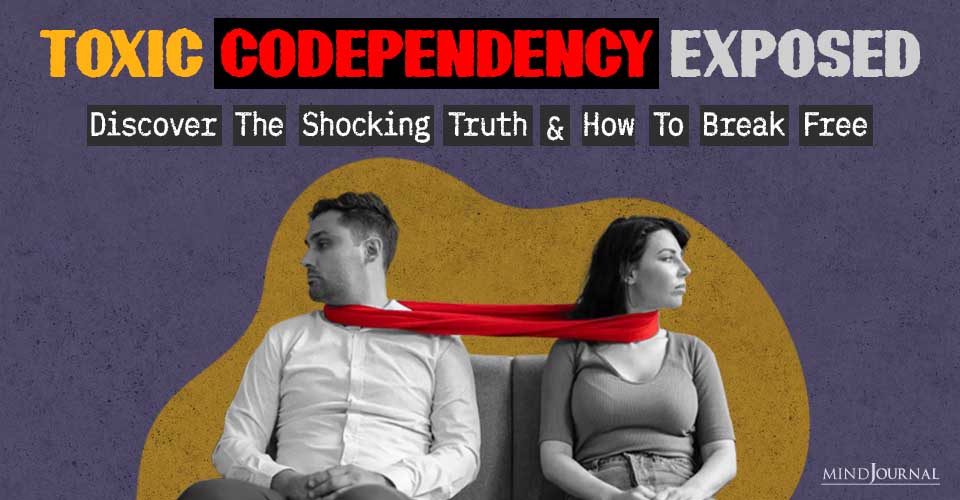

Leave a Reply
You must be logged in to post a comment.